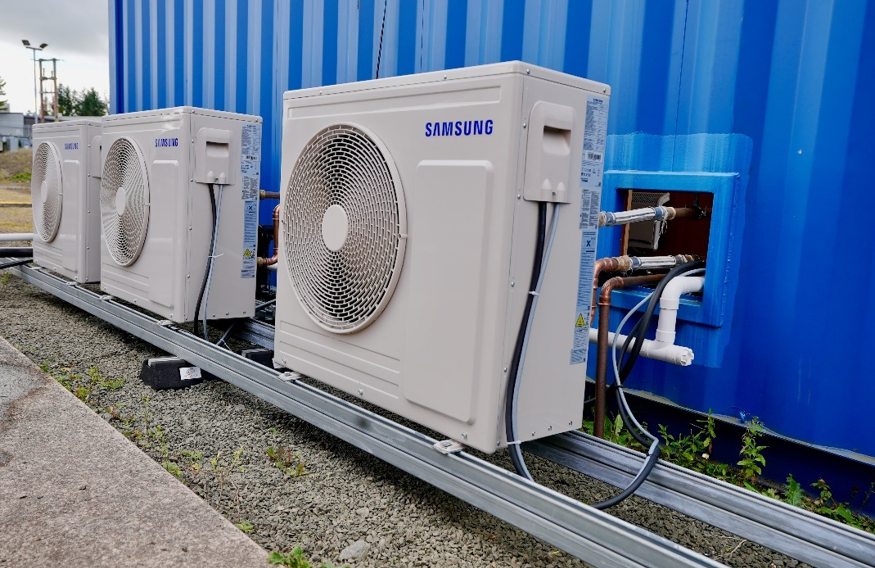A Finnish company has succeeded in producing biodegradable plastic using carbon dioxide emissions from waste incineration. The technique, based on carbon capture and utilisation (CCU), could be a significant step towards reducing and utilising industrial carbon emissions.
Biodegradable, CO2-based plastic can be recycled just like many other plastics, closing the carbon cycle. An additional advantage of biodegradable plastic is that even if it would end up in nature by accident, it decomposes and does not leave harmful microplastics in the environment.
Tony Rehn, head of the Carbon2x programme at Fortum Recycling and Waste, said: “I am very proud that our team is the first in the world to successfully produce biodegradable plastic entirely from carbon dioxide emissions. This breakthrough is a significant step towards more sustainable plastic production. This kind of development work helps to reduce dependence on fossil-based raw materials and can create new circular economy-based business."
Whilst similar carbon capture development projects are underway in several industrial sectors globally, the majority of them focus on the production of synthetic fuels and carbon capture and storage (CCS), but actually utilising carbon emissions as raw material instead of storing offers a much more sustainable option.
“Whereas carbon capture and storage is a linear solution that does not address the growing material shortage, carbon capture and utilisation promotes circular economy," states Rehn.
According to Rehn, the wider implementation of the Carbon2x programme's innovation would mean that up to 90 per cent of the CO2 emissions released into the atmosphere from waste incineration could be captured and bound into products.
Rehn estimates that at this rate of development, the industrial production of biodegradable plastic made from waste incineration’s CO2 emissions could start as early as the end of the decade.
© 2019 Perspective Publishing Privacy & Cookies







Recent Stories